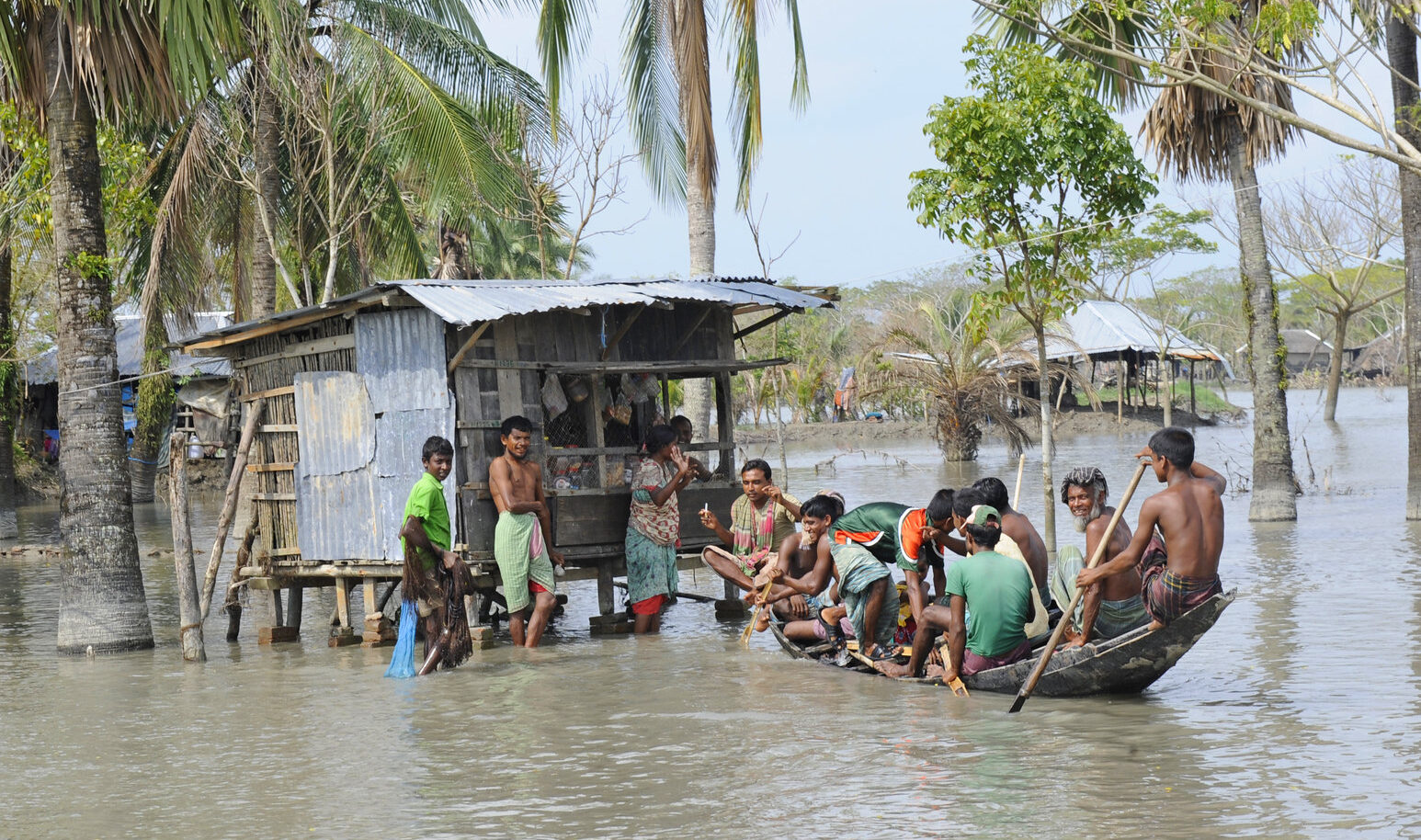Travel
Ask Skift: How Is Climate Change Impacting Travel?

Skift Take
Climate change is one of the most pressing issues in travel, and here’s a brief look at how it’s impacting the industry.
Soaring temperatures are poised to make traveling around the world more challenging. But is climate change already impacting travel? And how is the industry responding?
We put the question to Ask Skift, our artificial intelligence chatbot. Ask Skift used information appearing in our past news coverage and we did additional reporting.
What Ask Skift Said About Climate Change and Travel:
Climate change is having a substantial impact on the travel industry. Here are some key points:
Traveler Perceptions: A significant portion of travelers believe that the damage from climate change has already occurred. According to an article from Skift published in April 2024, 33% of travelers thought that their individual travel choices wouldn’t substantially affect climate change. In the same survey, 44% of respondents believed that governments would make the most difference in combating climate change, while 43% thought it would be travel companies.
Influence on Travel Preferences: Climate change is also influencing travel preferences, with an increasing focus on sustainability. For instance, a report highlighted that 97% of Indian travelers expressed their intention to travel more sustainably in the future.
Changing Travel Patterns: Extreme weather events, which are becoming more common due to climate change, are altering travel patterns. Some travelers are now considering extreme weather events when planning trips.
Impact on Travel Businesses: Climate change is directly impacting travel businesses as they have to manage emergency incidents caused by climate-related events like fires or floods. Moreover, there is an increasing demand from customers for more sustainable travel choices.
Therefore, while climate change presents significant challenges to the travel industry, it also offers opportunities for businesses to innovate and provide more sustainable options for travelers.
Ask Skift Is the AI Chatbot for the Travel Industry
Go deeper into the business of travel with Skift’s new AI chatbot.
What else you need to know:
Which countries will have fewer “outdoor days”? Climate change could impact the number of days travelers are able to spend outdoors around the world. A 2024 Massachusetts Institute of Technology study found that by the end of the century, destinations such as the Dominican Republic, Mexico and India are expected to experience a sharp reduction in “outdoor days” — defined as 24-hour windows in which temperatures are pleasant enough for most people to enjoy outdoor activities.
The Dominican Republic is projected to have 124 fewer outdoor days, the biggest drop of all the destinations researched.
“Last-chance tourism”: The ongoing crisis is driving more travelers to visit certain destinations before they disappear, a trend that’s become known as “last-chance tourism.” The New York Times reported in March 2024 that some natural wonders — such as coral reefs, glaciers, archipelagos — threatened by climate change were experiencing a tourism boom.
Authorities in Chamonix, France, believe a new gondola will make it easier to visit the Mer de Glace, a melting glacier that roughly 80,000 people ski down annually easier. Local researchers have found that exposure to the fragile glacier could inspire people to live greener. A 2020 survey of summer visitors to the Mer de Glace revealed 80% said they would try to learn more about how to protect the environment.
However, some officials argue that increased visitor numbers are contributing to the destruction of fragile ecosystems.
Helping preserve the Great Barrier Reef: The ongoing threat poised by climate change is driving some travelers to work to preserve the Great Barrier Reef. Skift reported last month that tour operator Reef Magic offers visitors the opportunity to help replant corals. In addition, Passions of Paradise, another tour operator, runs science tours in which tourists can help monitor coral health and nurseries.
Airlines tracking contrails: The aviation industry is looking for ways to reduce the impact it has on climate change. Outside of carbon dioxide emissions from fuel use, contrails, which are condensation trail planes leave in their wave, are increasing aviation’s total share of global CO2 emissions to 3.5% from 2.5%, according to the United Nations Intergovernmental Panel on Climate Change.
So airlines are trying to reduce contrails. For example, American Airlines has flown 70 flights this year on which the pilots were armed with contrail forecasts. However, some scientists are concerned that efforts to change aviation design to reduce CO2 emissions could actually create more contrails.
American, Delta Air Lines and other carriers are teaming up with researchers at MIT and Google to find ways to operate flights that don’t create contrails, including flying at abnormal altitudes. A Boeing 737 that flew from Belize to Dallas earlier this year leveled out at 32,000 feet — below the typical altitude — before ascending to a higher-than-usual 38,000 feet. Those changes enabled the aircraft to avoid leaving contrails.
Climate change could also cause more flight disruptions in the years to come as high temperatures can slow flight operations.
“Really high heat can cause delays because a plane in high temperatures needs more time and more distance to take off to fight gravity,” said Wired magazine reporter Amanda Hoover.
Tourist taxes to fight climate change: Finally, a growing number of destinations are introducing new taxes to help mitigate the impact of climate change. Greece is now charging visitors a “climate crisis resilience fee” while Iceland has reinstated the tax tourists pay for hotels and other types of accommodation. Prime Minister Katrin Jakobsdottir said revenue from the tax would help fight climate change.
Ask Skift Is the AI Chatbot for the Travel Industry
Go deeper into the business of travel with Skift’s new AI chatbot.









